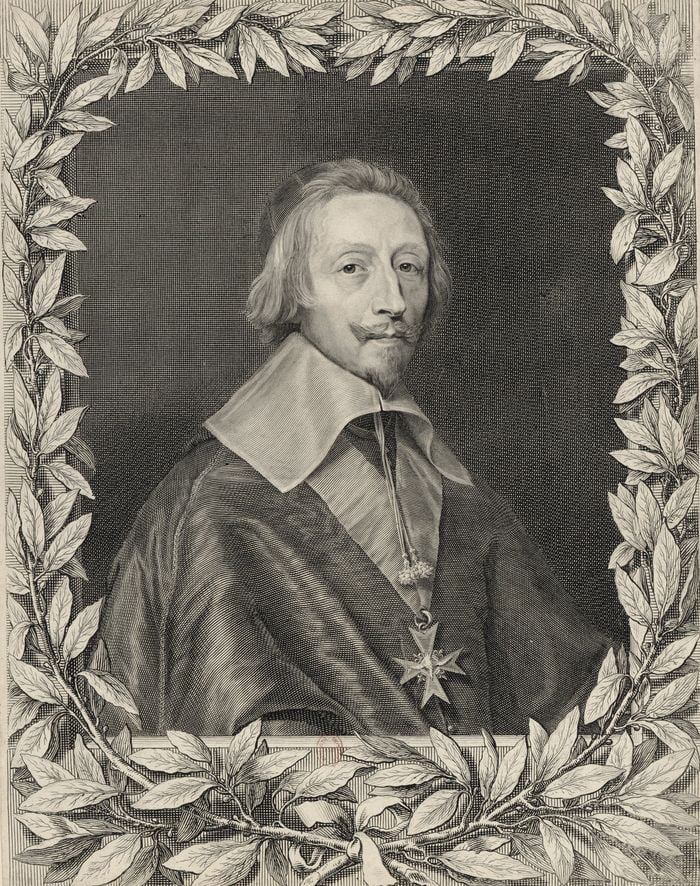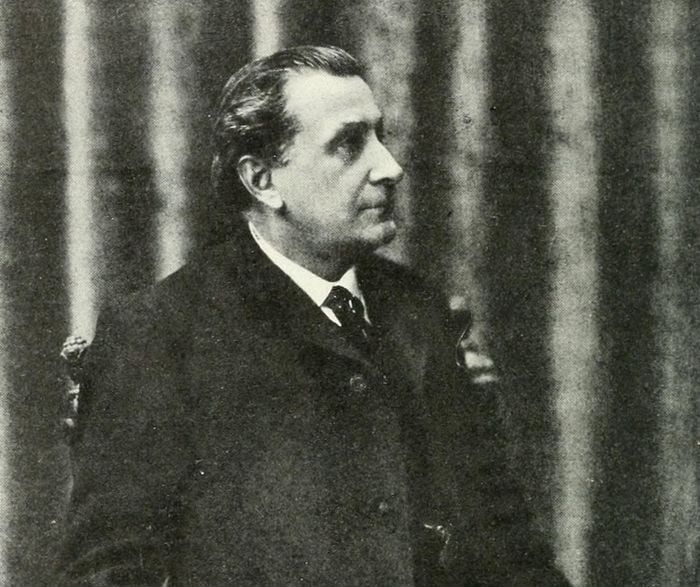Robert Greene (1560?—1592)
Greene was born at Norwich about 1560. He went both to Cambridge and Oxford, and then seems to have lived a wild and irregular life in London. He wrote plays, pamphlets, novels and stories and despite his popularity he died in poverty at an early age. Greene was one of the few Elizabethan writers who turned his hand to the composition of short tales. Two of his romances contain several examples, and here and there in his other writings he has introduced a story in the style of Roberto’s Tale. In an age that had not learned to copy the technical finish of the Italians, Greene managed, as this story shows, to surpass most of his predecessors in the art of elimination.
Roberto`s Tale
(From Greene`s Groatsworth of Wit Bought with a Million of Repentance)
In the North parts there dwelt an old squire that had a young daughter his heir, who had (as I know, Madam Lamilia, you have had) many youthful gentlemen that long time sued to obtain her love. But she, knowing her own perfection (as women are by nature proud), would not to any of them vouchsafe favor, insomuch that they, perceiving her relentless, showed themselves not altogether witless, but left her to her fortune when they found her frowardness. At last it fortuned, among other strangers, a farmer`s son visited her father`s house, on whom, at the first sight, she was enamored; he likewise on her. Tokens of love passed between them; either acquainted other`s parents of their choice, and they kindly gave their consent. Short tale to make, married they were, and great solemnity was at the wedding feast.
A young gentleman that had been long a suitor to her, vexing that the son of a farmer should be so preferred, cast in his mind by what means, to mar their merriment, he might steal away the bride. Hereupon he confers with an old beldam called Mother Gunby dwelling thereby, whose counsel being taken, he fell to his practise and drift, and proceeded thus. In the afternoon, when dancers were very busy, he takes the bride by the hand and after a turn or two tells her in her ear he has a secret to impart unto her, appointing her in any wise, in the evening, to find a time to confer with him.
Read More about Memoirs or Chronicle of the Fourth Crusade part 111








